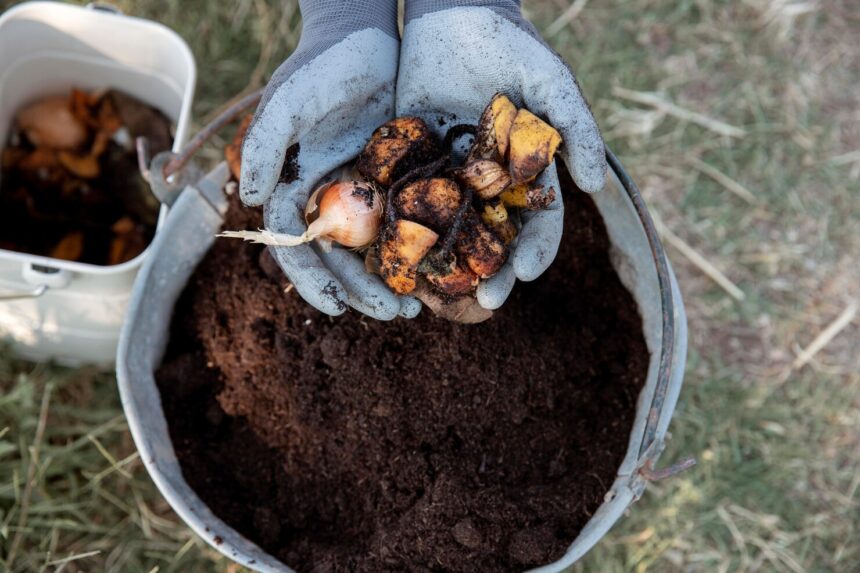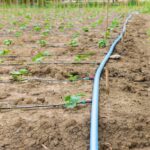Bokashi composting is a simple, effective method for turning food and farm waste into nutrient-rich compost—perfect for South African farmers who want to improve soil health while reducing waste. Unlike traditional composting, which requires time, space, and frequent turning, Bokashi is compact, fast, and works well in both urban and rural settings. It’s especially ideal for small to medium-sized farms looking for a low-maintenance way to recycle organic material.
The process begins with collecting kitchen scraps, garden waste, or even animal bedding. Unlike traditional composting, Bokashi can handle food waste that is often avoided—like cooked food, meat, and dairy. This makes it particularly valuable for farmers who generate a wide variety of organic waste. The waste is layered into a sealed Bokashi bin and sprinkled with Bokashi bran, which contains beneficial microbes that ferment the waste rather than letting it rot. These microbes kickstart a fermentation process that suppresses bad odors and breaks down the material efficiently.
Each time waste is added, a handful of Bokashi bran is sprinkled on top. The bin remains sealed to maintain an anaerobic environment. After the bin is full, it is left closed for about two weeks to finish fermenting. The liquid that drains from the bin, known as Bokashi tea, can be diluted and used as a powerful liquid fertilizer or poured down drains to improve septic systems. This liquid should be tapped off every few days to prevent a buildup inside the bin.
Once the fermentation stage is complete, the material in the bin is not yet compost in the traditional sense—it’s pre-compost. This material should be buried in soil or added to a compost heap, where it breaks down fully in just a few weeks. On a farm, this could mean digging trenches between rows of vegetables, burying the Bokashi pre-compost, and letting the soil microbes finish the job. Within a month, the soil becomes rich, dark, and full of life, ready to support stronger, healthier crops.
Using Bokashi composting in South Africa makes sense for several reasons. It saves space, reduces waste going to landfills, and enriches soil with minimal effort. It also works well in areas where water is scarce, since the system doesn’t require constant watering like traditional compost heaps. For farmers dealing with dry conditions or small plots, Bokashi offers a fast, effective way to boost soil fertility without extra strain on resources.
Local suppliers in South Africa now offer Bokashi starter kits, bran, and bins, making it easier than ever to get started. Farmers can also make their own Bokashi bran using wheat bran, molasses, water, and EM (Effective Microorganisms), which are available through agricultural suppliers. By making it at home, farmers can reduce costs and scale up their composting systems to meet their farm’s needs.
Bokashi composting is a practical, low-cost, and environmentally friendly solution for farmers across South Africa. It turns everyday waste into a valuable resource and helps build healthier soil with less effort. For any farmer looking to improve crop yields, reduce waste, and farm more sustainably, Bokashi is a system worth adopting.
Join 'Farmers Mag' WhatsApp Channel
Get the latest Farming news and tips delivered straight to your WhatsApp
CLICK HERE TO JOIN






